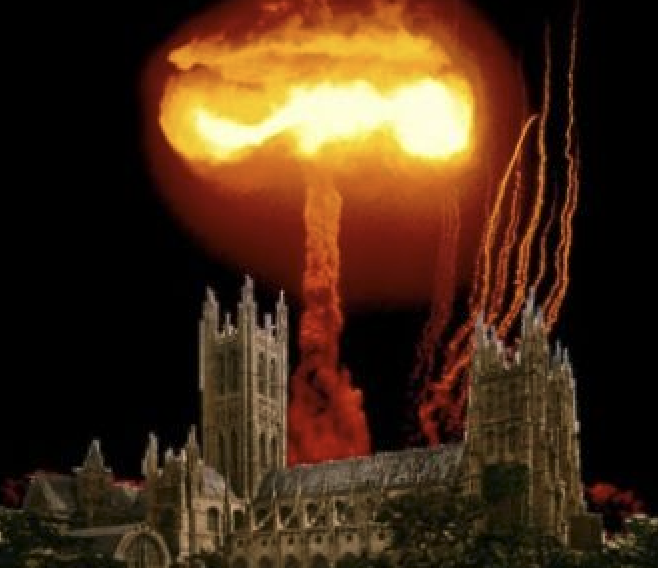Bishop Martin Mtumbuka of Malawi pulled no punches when passing judgement on the Vatican's stunning declaration that Catholic clergy could bless couples living in "irregular relationships," such as same-sex unions.
This "looks to us like a heresy, it reads like a heresy, and it affects heresy," he said. "We cannot allow such an offensive and apparently blasphemous declaration to be implemented in our dioceses" in southeast Africa.
The Fiducia Supplicans ("Supplicating Trust") document triggered debates around the world, but negative reactions have been especially strong in Africa, with strong protests from bishops' conferences in Malawi, Zambia, Cameroon, Ivory Coast, Rwanda, Angola and other nations.
"The Church of Africa is the voice of the poor, the simple and the small," wrote Cardinal Robert Sarah of Guinea, the former head of the Vatican's Congregation for Divine Worship and the Discipline of the Sacraments. "It has the task of announcing the Word of God in front of Western Christians who, because they are rich, equipped with multiple skills in philosophy, theological, biblical and canonical sciences, believe they are evolved, modern and wise in the wisdom of the world."
Cardinal Sarah endorsed the declarations from African bishops and added: "We must encourage other national or regional bishops' conferences and every bishop to do the same. By doing so, we are not opposing Pope Francis, but we are firmly and radically opposing a heresy that seriously undermines the Church, the Body of Christ, because it is contrary to the Catholic faith and Tradition."
These tensions resemble doctrinal fault lines seen during the 2015 Synod of Bishops on the Family, noted historian Philip Jenkins, the author of "The Next Christendom: The Coming of Global Christianity" and "Fertility and Faith: The Demographic Revolution and the Transformation of World Religions" and many other books.
"Religious faith and fertility are linked and it's easy to see that around the world," said Jenkins, reached by Zoom.







